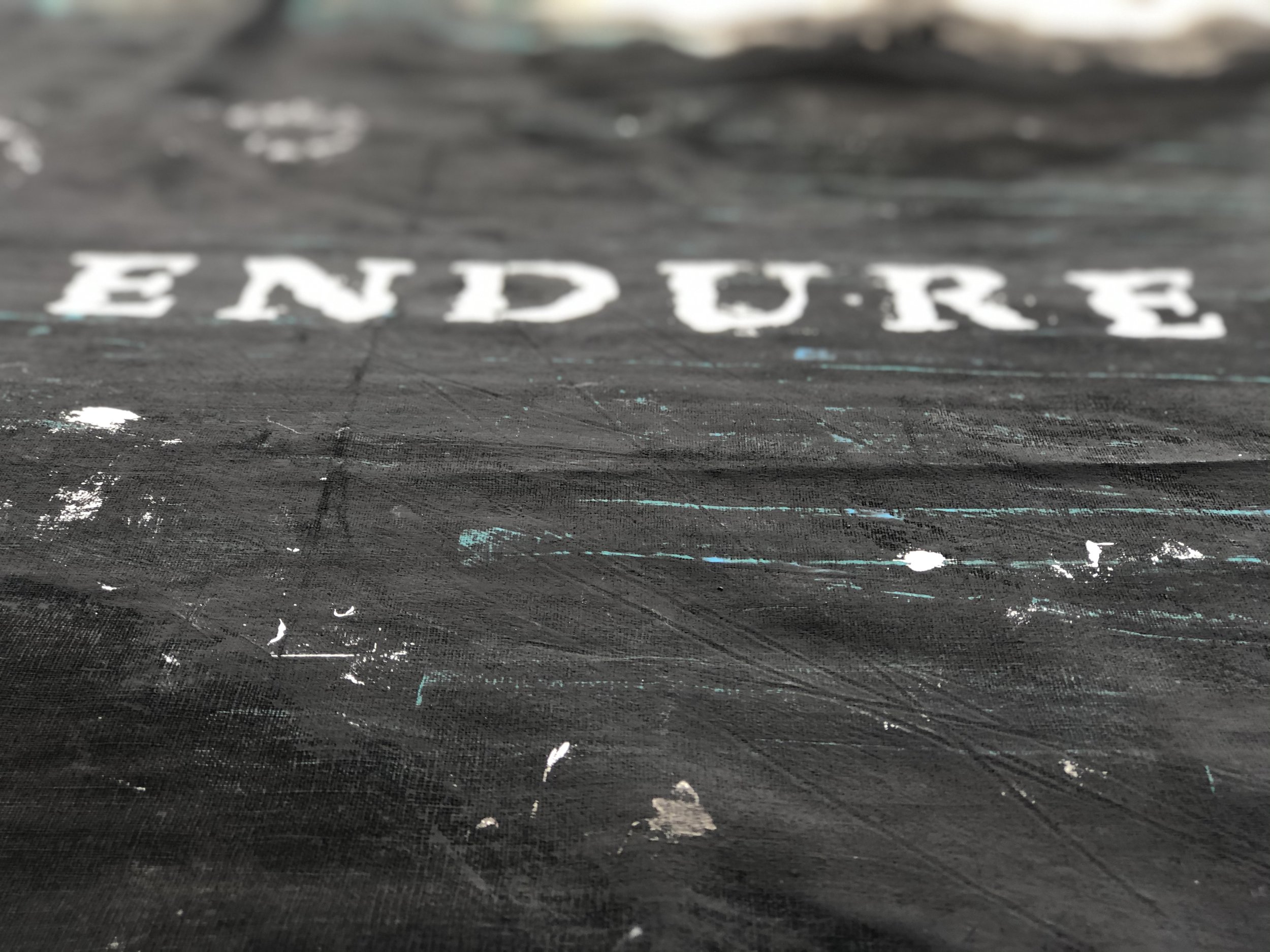
Being Human
“I felt human. It was like returning to my humanity” - Elsa Rodriguez
Case Study
Partner: Museum of Memory and Tolerance, Mexico City Mexico
As the global community shifts and bends in order to meet new challenges, formal knowledge alone does not seem to be enough. A holistic response that addresses the social, economic, ecological, and spiritual well being of our world requires the invitation of collective creative capacities to come forward in order to give light to the path ahead. History has shown that when communities are able to come together for a shared and collective well being, new possibilities can emerge.
It’s in the Return…
The Story:
In June of 2021 the team facilitated a 4-session arts-based online workshop on tools and resources for navigating stress and trauma in connection to Covid-19 and the lockdowns. The workshop was hosted by the Museum of Memory and Tolerance in Mexico City who offer a wide range of educational workshops each month. Our team expected 50 participants and we were met with 365 people at the first Zoom session.
We were surprised by the amount of people who showed up on a Saturday morning and also felt challenged as at the beginning of the session we were informed that participants would not be allowed to access their camera, turn on their mics, use the chat, nor participate in breakout rooms. Making the quick adjustments and adaptations as quickly as we could, our facilitation team pivoted and moved forward with our plans leaning into creativity and the art of ritual. In each session we opened with an invocation, creating a space of pause before moving into the training content, we integrated regular rhythms of practice, engaging the body in movement and breathe work. Participants followed some simple prompts to engage their life situations and questions through the arts, activating the imagination and their resilience along the way. This was not the normal workshop offered at the museum and the feedback during the final session confirmed this.
Despite the lack of access to all of the functions available on Zoom, participants shared how they felt connected, seen, and held. And what stayed with us is that several people actually said that they felt “more human.” The repetition of the words “human” moved us deeply and was shared by many.
When we were informed in the first session that we would not be able to use all of the Zoom features that we had hoped to foster connection and sharing, we were not sure if we would be successful. But to hear from participants that they felt a return to their humanity during the workshop series brought us deep joy.
It also invited us to wrestle with the questions, what helps us to return to our own humanity? What helps us to feel seen? To feel heard? At Collective Tapestry we continue to walk with these important questions. In times in which there is deep disconnection, uncertainty and distress, pondering the ways in which the arts can be a resource for creating a sacred space for us all to feel human again?
“What helps us return to our humanity?”
“The healing is in the return, not in never having wandered to begin with”
